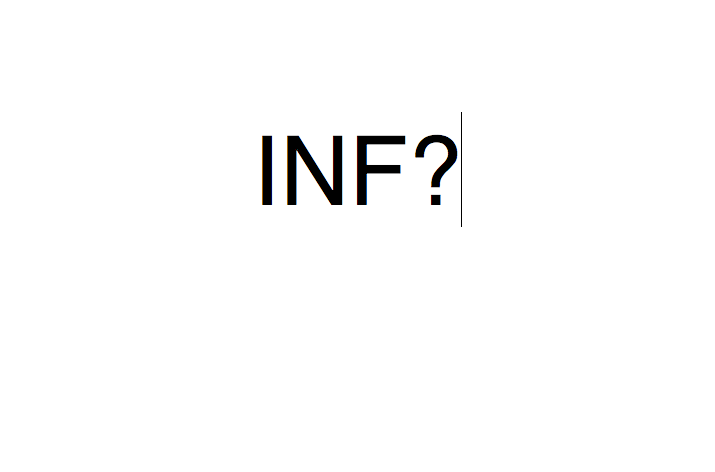
Why the Myers-Briggs Personality Test is Kind of Pointless
I never remember my Myers-Briggs score. For a long time I assumed that this was because I was usually 55/45 on all the charts, and I didn’t get much out of it other than, “I am a general person.”
But thinking about it, there’s something confusing and messy about the Myers-Briggs system, something that’s always bothered me. First of all, it’s a quiz. There is so much potential error built into the quiz as a format that it seems your score is more a result of “how you play the quiz” than “who you really are,” the former probably informed by the last novel you read and what character type you tend to romanticize.
But secondly, the categories just don’t seem that interesting. Most conversations about Myers-Briggs go like this:
“What’s your Myers-Briggs type?”
“Um, extrovert something something something.”
“You’re an extrovert? I could see that I guess. I’m an introvert.”
Occasionally an introvert will remember their whole Myers-Briggs score, because cherishing a complex, pinned-down description of your unique personality is totally an introvert thing to do.
The problem is that while the introvert and extrovert categories make a lot of sense and are easy for people to grasp, the others aren’t. See if you can easily figure out the difference between these:
-Sensing vs. Intuition
-Thinking vs. Feeling
-Judging vs. Perceiving
I’m sure there is a whole world of interesting nuance there, but it seems like they mostly indicate “likes facts” vs. “follows gut.” Carl Jung himself came up with the first three categories, and the Myers-Briggs ladies themselves tacked on judging vs. perceiving, apparently feeling this would aid the quiz in its original purpose, helping WWII-era women find the right career.
As someone who works in marketing, I know a bit about euphemistic titling. The last three, while they might mean very different things, feel similar probably because they were titled to be easily digestible and to inspire little bias in what people prefer to be labeled as. But by being so non-distinct, they tend to be largely ignored.
I’m sure there are some psychological dichotomies that might be more useful in a personality index. For example, Freud often categorized personas and actions as active vs. passive. People who are active pursue lots of new ideas, go hiking, apply for jobs, go to concerts that look interesting, try weird foods, etc. People who are passive like to smoke a lot of pot and conduct their social life through movies.
I’m interested in how this index could be updated for the modern era. It’s possible that we could pin down every element of someone’s personality. Are they gay/ straight/ bi? Indie or mainstream? Self-destructive or hypochondriac? But then again, these indexes are kind of pointless – they pin us down, and attach us to inaccurate descriptions. At least they let us connect ourselves with cool celebrities who answered a quiz the same way.
–Becky Lang is 55% introvert

